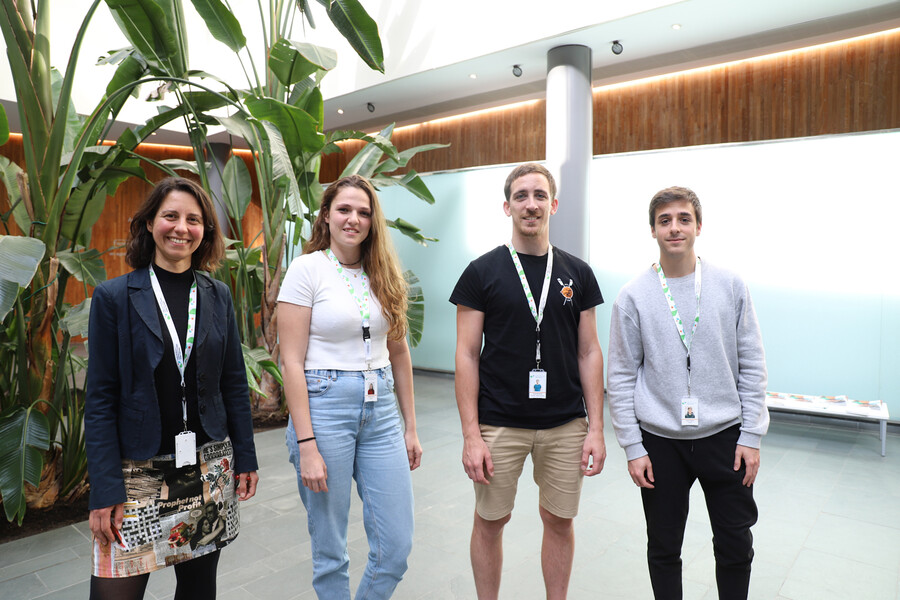
Introduction
Regulation of gene expression is the fine-tuning of the synthesis of the functional product of genes and is one of the most fundamental processes in life. It is the process that makes different cell types have different properties and differentiates unhealthy from healthy cells. Gene expression is regulated by internal signals (the activity of other genes, mutations, etc.) and by external signals (diet, temperature, pharmacological therapies, etc.).
Our Research
Our research focuses on three main areas: 1. Firstly, we study the effect of the environment on gene expression changes that are transmitted from parents to their offspring. We want to understand how information about our exposure to different environments may be encoded in molecules - other than DNA - inside germ cells that are transmitted between generations. 2. Secondly, we work on non-coding RNAs and other non-coding elements that influence gene expression. We are interested in which non-coding elements affect gene expression and how. 3. Finally, we want to understand how epigenetic drugs affect gene expression and chromatin in different genomic contexts. Epigenetic drugs currently used in the clinic include those for the treatment of patients with acute myeloid leukaemia and myelodysplastic syndrome. A more in-depth understanding of the effects of these drugs and how they work may lead to improved or more personalized medicine in the future.
Our Goals
Our aim is to contribute to a better understanding of gene regulation and the consequences of drug treatments and inter-individual genetic variation in gene expression. Although most of our research is based on data from animal model organisms or cell lines, we hope that, in the long term, the knowledge acquired will increase our understanding about humans. Extensive aberrant gene expression and genome deregulation are extremely common in cancer, especially haematological forms, and treatments targeting gene regulation pathways are being used for haematological malignancies. Last, but not least, we hope that the data we generate and the analysis methods we develop serve as useful tools for the wider research community.
Our Challenges
We hope that our research sheds light on the following questions:
- Which epigenetic mechanisms are involved in the transmission of acquired or variable traits between generations in humans and other animals?
- Which non-coding DNA elements affect gene expression and therefore potentially phenotype?
- How drugs (such as those used for the treatment of blood cancers) affect gene expression and the function of the non-coding parts of our genome?
Selected Publications
Current Grants
Ministerio de ciencia, innovación y universidades
ASliceOfPi La evolución de nuevos ARN que interactúan con PIWI en mamíferos

Ministerio de ciencia, innovación y universidades
piMMs Decifrando nuevos mecanismos de biogénesis de piARN mediante genómica comparativa y transcriptómica espacial


